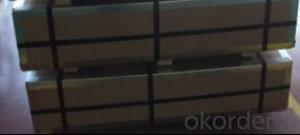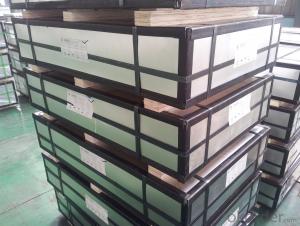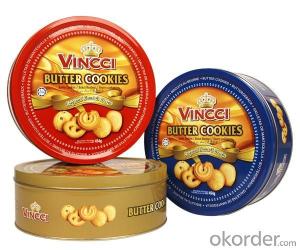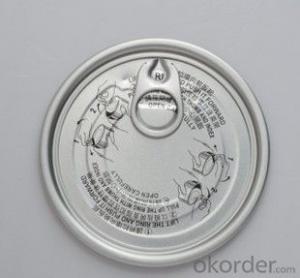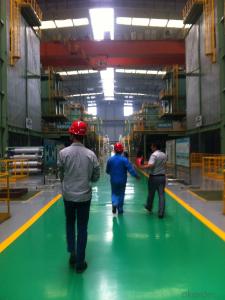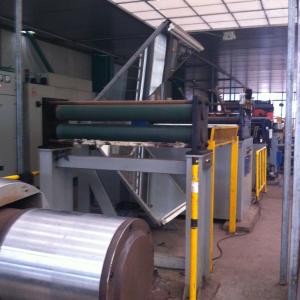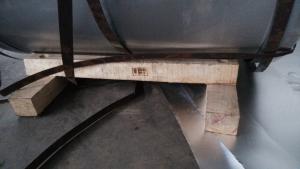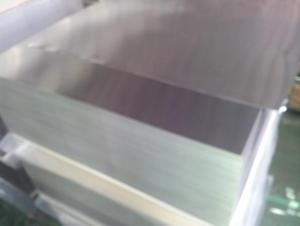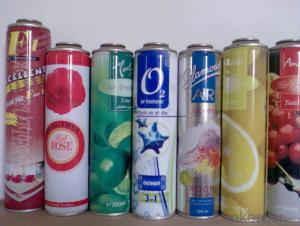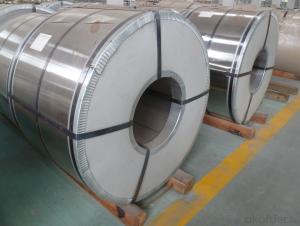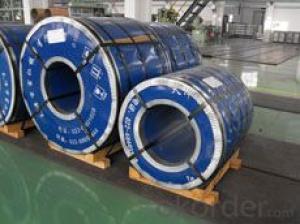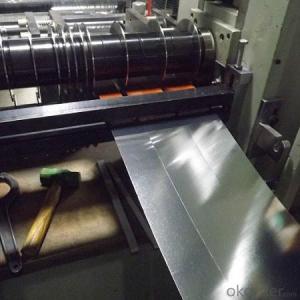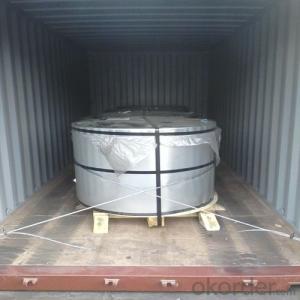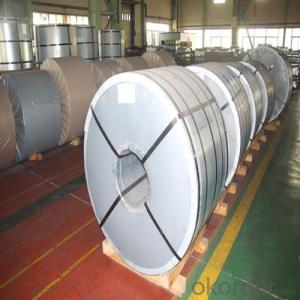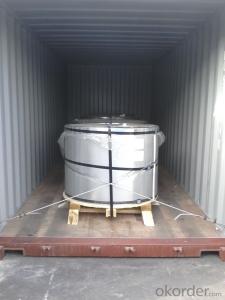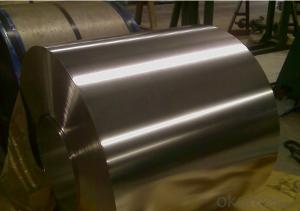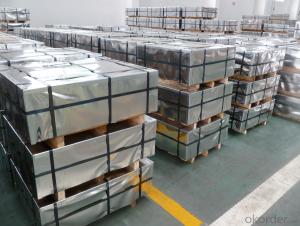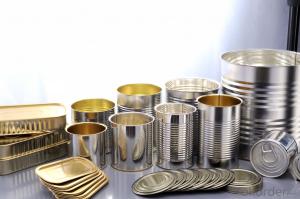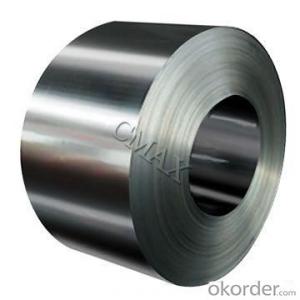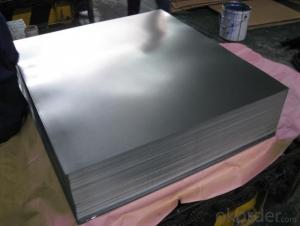All Categories
- - Steel Wire Rod
- - Steel Coils
- - Steel Profiles
- - Steel Pipes
- - Stainless Steel
- - Tinplate
- - Special Steel
- - Steel Sheets
- - Steel Rebars
- - Steel Strips
- - Hot Rolled Steel
- - Cold Rolled Steel
- - Pre-painted Steel
- - Seamless Steel Pipe
- - Welded Steel Pipe
- - Hollow Steel Tubes
- - Galvanized Pipe
- - Stainless Steel Coil
- - Stainless Steel Sheet
- - Stainless Steel Plate
- - Stainless Steel Strips
- - Electrolytic Tinplate Coil
- - Electrolytic Tinplate Sheet
- - Stainless Steel Rebars
- - Solar Panels
- - Solar Water Heater
- - Solar Related Products
- - Solar Inverter
- - Solar Cells
- - Solar Light
- - Solar Energy Systems
- - Solar Controllers
- - Solar Mounting System
- - Solar Pump
- - Solar Chargers
- - Fiberglass Chopped Strand
- - Fiberglass Mesh Cloth
- - Composite Pipes
- - FRP Pultrusion Profiles
- - Fiberglass Mat Tissue
- - Fiberglass Fabrics
- - Fiberglass Mesh
- - Composite Tank
- - Fiberglass Mesh tape
- - Polymer
- - FRP Roofing Panel
- - Fiberglass Roving
- - Monolithic Refractories
- - Ceramic Fiber Products
- - Refractory Bricks
- - Raw Materials For Refractory
- - Suspended Platform
- - Cranes
- - Concrete Machinery
- - Earthmoving Machinery
- - Building Hoist
- - Road Building Machinery
- - Plastic Pipe Fittings
- - Plastic Tubes
- - Plastic Sheets
- - Agricultural Plastic Products
- - Plastic Nets
 All Categories
All Categories
Q & A
What are the main factors that affect the peel strength of the tin coating on electrolytic tinplate coil after contact with chemicals?
The main factors that affect the peel strength of the tin coating on electrolytic tinplate coil after contact with chemicals include the type and concentration of the chemicals used, the duration of contact, the temperature at which contact occurs, the composition and thickness of the tin coating, and the surface preparation of the tinplate coil prior to coating. Other factors such as the presence of impurities or contaminants on the coil surface, the adhesion promoter used, and the curing conditions can also influence the peel strength.
What are the common defects or issues that can occur with electrolytic tinplate coil?
Some common defects or issues that can occur with electrolytic tinplate coil include rust or corrosion, tin whiskers or flakes, uneven tin coating, pinholes, scratches, dents, and poor adhesion between the tin and the base metal.
How is the tin coating adhesion tested on electrolytic tinplate coil?
The tin coating adhesion is typically tested on electrolytic tinplate coil using a method called the bend test. In this test, a sample of the tinplate coil is bent at a specific angle, and the coating's ability to adhere to the steel substrate is evaluated by observing any cracks or peeling of the tin layer. This test is commonly used to assess the quality and durability of the tin coating on the tinplate coil.
Can electrolytic tinplate coil be painted or coated after manufacturing?
Yes, electrolytic tinplate coil can be painted or coated after manufacturing. The smooth surface of the tinplate allows for easy application of paints or coatings, providing protection against corrosion and enhancing its aesthetic appearance.
How does the coil handle moisture resistance?
The coil is designed with moisture resistance in mind, typically utilizing materials that are not easily affected by moisture such as copper or stainless steel. Additionally, the coil is often coated or sealed to further protect it from moisture. This ensures that the coil can maintain its functionality and prevent any damage or corrosion caused by moisture exposure.
Wholesale Electrolytic Tinplate Coil from supplier in Georgia
Our team of experts is well-versed in the specifications and requirements of Electrolytic Tinplate Coils, and we are committed to delivering high-quality products to our customers in Georgia. Whether you need standard or customized Electrolytic Tinplate Coils, we can provide you with the right solutions to meet your specific needs.
We understand the importance of timely delivery and cost-effectiveness, which is why we strive to offer competitive prices and efficient logistics services. Our strong network of suppliers ensures that we can source the best quality Electrolytic Tinplate Coils at the most competitive prices in the market.
Additionally, our technical support team is always ready to assist you with any inquiries or concerns you may have. We can provide you with detailed product information, technical specifications, and guidance to help you make informed decisions for your projects.
At CNBM, we value long-term partnerships and aim to build strong relationships with our customers in Georgia. We are dedicated to providing excellent customer service and ensuring your satisfaction with our products and services.
Contact us today to discuss your Electrolytic Tinplate Coil requirements in Georgia, and let us be your trusted partner for all your procurement needs.
We understand the importance of timely delivery and cost-effectiveness, which is why we strive to offer competitive prices and efficient logistics services. Our strong network of suppliers ensures that we can source the best quality Electrolytic Tinplate Coils at the most competitive prices in the market.
Additionally, our technical support team is always ready to assist you with any inquiries or concerns you may have. We can provide you with detailed product information, technical specifications, and guidance to help you make informed decisions for your projects.
At CNBM, we value long-term partnerships and aim to build strong relationships with our customers in Georgia. We are dedicated to providing excellent customer service and ensuring your satisfaction with our products and services.
Contact us today to discuss your Electrolytic Tinplate Coil requirements in Georgia, and let us be your trusted partner for all your procurement needs.
